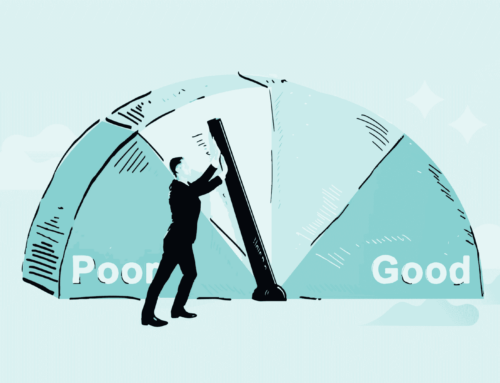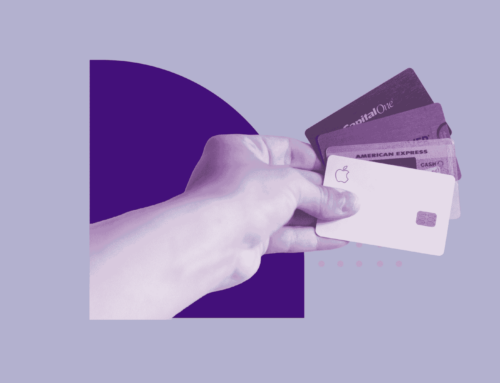We’ve all been affected by the COVID-19 coronavirus pandemic in some way. The extended lockdown, businesses closing, and sudden job losses have made everyone feel uncertain about their financial future. One thing that has crossed the minds of many Canadian consumers is how to protect your credit score if your income takes a hit due to the current economic downturn.
We’ve all been extra vigilant with our spending during this pandemic! Many people around the world are working hard to keep their finances healthy and their bills in good standing. Whereas we all have paused making big purchases due to uncertain times, it’s still essential to maintain your credit score to prepare for more promising times. If your credit score slips, there may be severe short-term and long-term consequences such as high-interest rates, difficulty obtaining most financial products, and sometimes, employers and potential landlords may perform a credit check.
If you’re looking to protect your credit score during COVID-19, check out these crucial steps to help you prepare for a positive financial future.
Keep an inventory of your bills.
If you’re trying to protect your credit score, it’s essential to be aware of all your monthly payments. To start, why not make a list of your creditors, which may include your mortgage or landlord, car loan, credit card debt, generally household utilities, phone bill or more. You can also keep track of everything by requesting your credit report yearly.
To understand precisely how to protect your credit score, you must be aware of all your bills and how much money you can afford after paying all the essentials. Keeping an inventory of your bills is the perfect way to do this.
Stay on top of your credit report.
It’s always been essential to ensure your credit report is accurate and especially now, more than ever. Your credit report may have some errors and discrepancies, which may mean your credit score is lower than what it should be.
As well as this, by keeping an eye on your credit report, you can also easily detect any potentially fraudulent activity and rectify it before it damages your credit. You can check your credit report yearly without it causing any damage to your score with TransUnion & Equifax. You can find out more about the two major credit reporting agencies in Canada here.
Decide your cash flow.
To successfully assess how much money you can afford to pay each creditor, you need to figure out your exact cash flow. Do you have cash in your savings accounts? Or an emergency fund? What’re your average hours if you work shifts or your base salary? It’s important to ask yourself these questions and be aware of your entire income so you can effectively pay off your creditors in a timely fashion.
If you’re unaware of your cash flow, you may under-estimate your bills and end up defaulted an essential payment, which will result in a damaged credit score.
Get to know all the factors that affect your credit score.
If you’ve faced a pay-cut or, even worse, became unemployed amid the pandemic, don’t worry – being unemployed will not affect your credit score. But if you continuously miss payments or make late payments, your credit score will be significantly impacted.
It’s vital to get in touch with your lender as soon as you feel you may not be able to make a payment. If you’re still wondering what factors affect your credit score, check out our blog here.
Make budgeting a priority.
We all hate budgeting – it’s time consuming, confusing and frustrating. But when it comes to managing a budget when you’re out of work, it’s essential to be strict. Budgeting is necessary for keeping your credit card debt low and your credit score high.
Budgeting can help you identify how much money you spend, how much you spend and what you have left-over to put towards an emergency fund. Even though reducing costs is not fun, it’s vital to help you protect your credit score.
Understand your deferral options
If you come into financial difficulty due to the current COVID-19 pandemic, it’s essential to know what options you have. A majority of lenders have implemented payment deferral programs, which allows you to pause your payments until your back on your feet.
Don’t be afraid to call up and ask questions; it’s better than failing to make a mortgage payment and for your credit score to plummet down.
Marble Financial (CSE: MRBL; OTCQB: MRBLF). We are a group of forward-thinking financial technology experts that understand Canadian’s occasionally need help in achieving longer-term credit health. Through our industry-leading proprietary technology solutions Fast Track Loan, Score Up, and Credit Meds. We guide our customers back to mainstream credit 50% quicker than traditional methods. Since 2016, We are proud to have empowered thousands of Canadians to a positive financial future. With this, we continue to establish ourselves as a leader in financial wellness.






